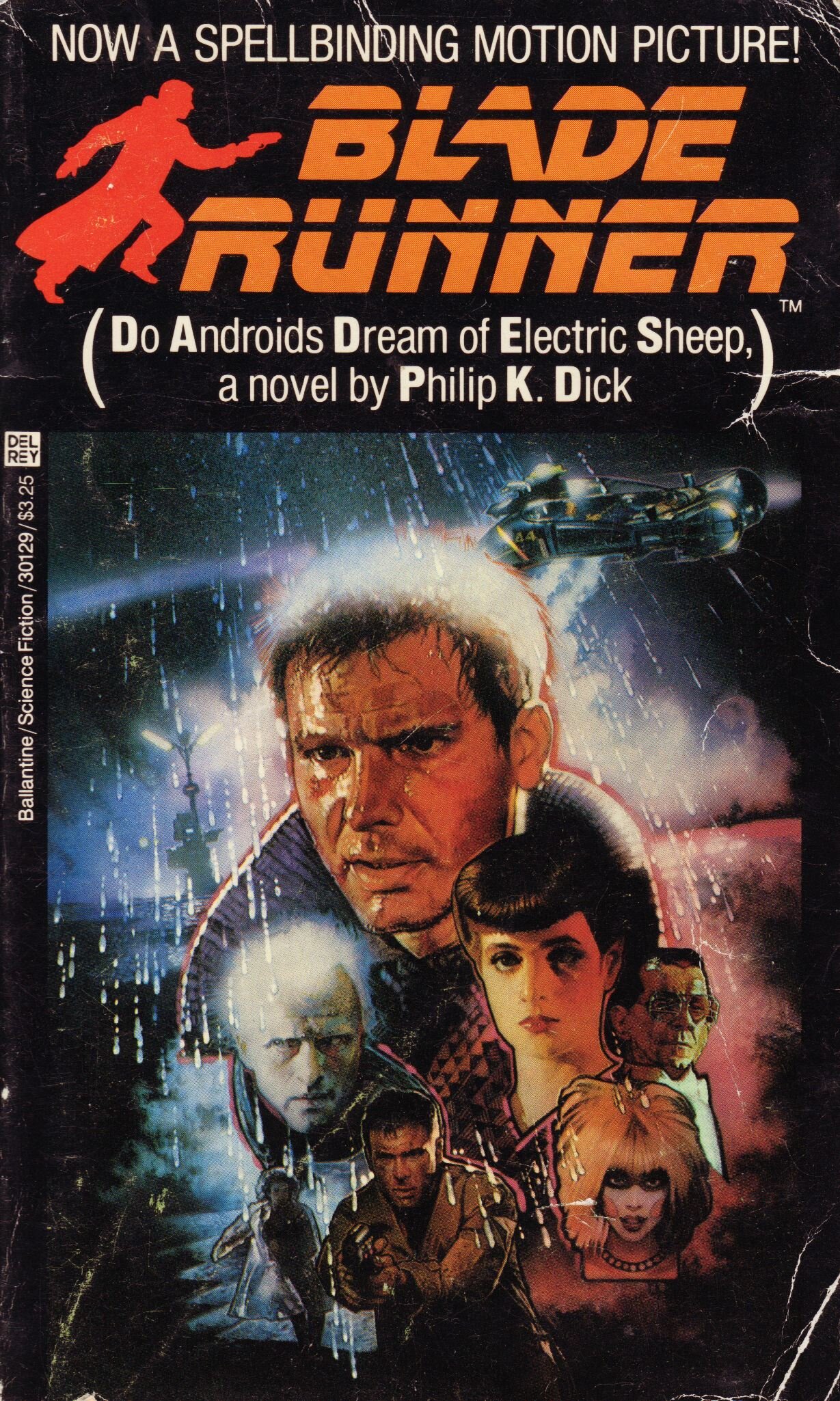'Do Androids Dream of Electric Sheep?' — Or Do They Just Want a Good Book?

Never, perhaps, has such an OK book been so reviled as has Do Androids Dream of Electric Sheep?, Philip K. Dick’s dystopian tale of what it means to be human in a post-apocalyptic world. It is not a great book, certainly, and not even an especially good one, but it is by no means terrible or, one would think, likely to inspire any extreme emotions.
My first encounter with the rage aroused by this mediocre novella occurred about 25 years ago, when my friend Paul K. took the book with him on a bus trip. So angry did it make him that, upon finding himself in a roadside latrine without toilet paper, he proceeded not just to wipe his ass with pages from the book — but to do so from the back of the paperback, starting with pages that he had not yet read!
Over the years since then, I have met many other people who have been irritated by this slim volume — admittedly not quite to the extent as my friend — but never ended up reading it myself until recently. And then the reasons for its unpopularity became clear to me.
Originally published in 1968, Do Androids Dream of Electric Sheep? feels more typical of the science fiction of a decade earlier and would certainly have faded into obscurity, never republished and only rarely read, were it not for one critical fact: It was, to some extent, used as the basis for the 1982 film Blade Runner. And this is the basis for many people’s dissatisfaction with it.
Whatever its detractors — including an awful lot of snooty critics — might say about Blade Runner, since its release this film has remained wildly popular with a solid segment of the science-fiction audience. Ironically, this hard core of fans is also both the group most likely to be inveigled into reading the book that the film is loosely based on and the one most likely to feel screwed at having been sucked into doing so.
The reasons for this typical dissatisfaction can be found in the differences between the book and the film which, to someone who has seen the film first—which is generally the case—can be quite striking. These range from major themes, to significant subthemes, to minor but nonetheless jarringly different details.
These start with the motivations for protagonist Rick Deckard, who in the film is forced to continue serving as an android-hunting “blade runner”—a term that never appears in the book, which uses the more traditional “bounty hunter” instead. In the book, he is willing to risk his life killing the human-like artificial androids so that he can earn enough money to purchase a synthetic animal to replace his broken … electric sheep.
Other characters are likewise strikingly different. In the film, for example, Deckard is not married, but in the book has a hostile, somewhat deranged wife. Genius genetic scientist J.F. Sebastian, who in the film dwells briefly with some the androids being hunted by Deckard, has as his counterpart in the book J.R. Isidore, a mentally retarded ambulance driver for a robot pet hospital. Various other characters are radically different or present only in either the book or the film.
And then there are the subthemes of the “mood organ” and “Mercerism,” neither of which appear in the film and both of which come off as pretty dumb and contrived. The former is a device that people can use to “dial” specific moods, sometimes selecting even deep depressions in lieu of the insensate ennui they would otherwise experience. The latter, “Mercerism,” is a religion based on shared empathic experiences that, turning up again and again throughout the story, tends to confuse and annoy readers.
The list goes on and on much longer than one would think possible for such a short book. If you’ve never seen the movie or have and didn’t like it, then maybe the book will appeal to you. But if you have seen the movie and thought it was pretty good, then the book is probably just going to annoy the crap out of you — especially if you pick up one of the editions released since 1982 that have cover art adapted from the movie poster and are actually somewhat dishonestly titled Blade Runner, with Do Androids Dream of Electric Sheep? provided only as a parenthetical subtitle.